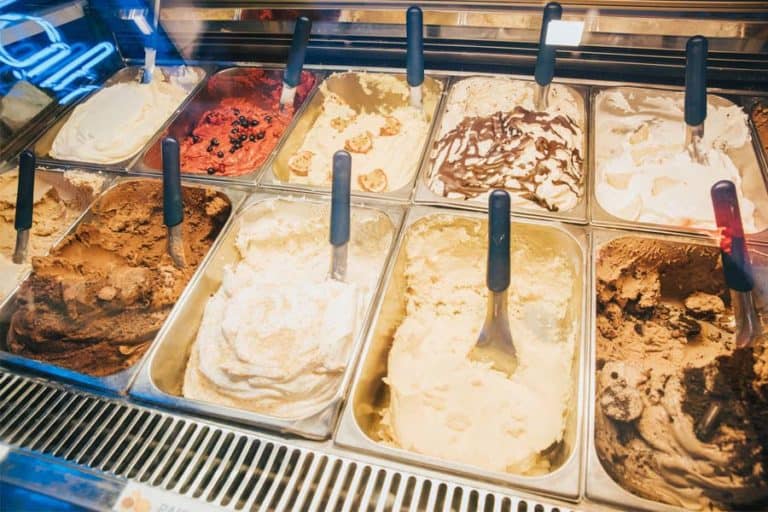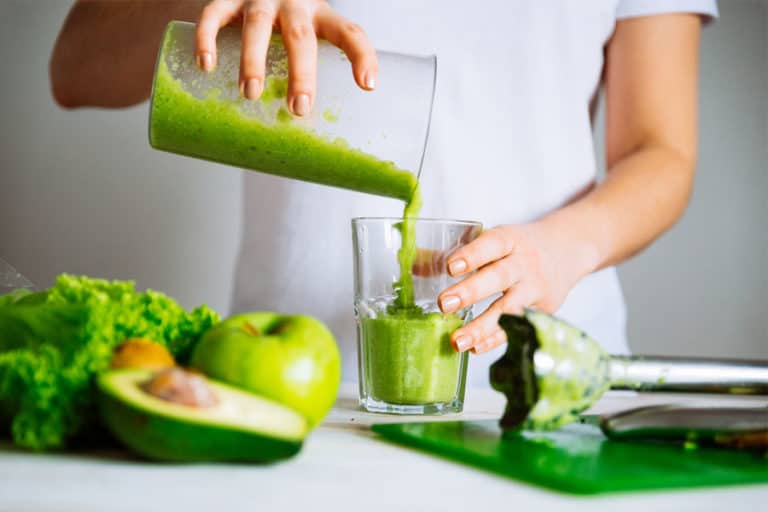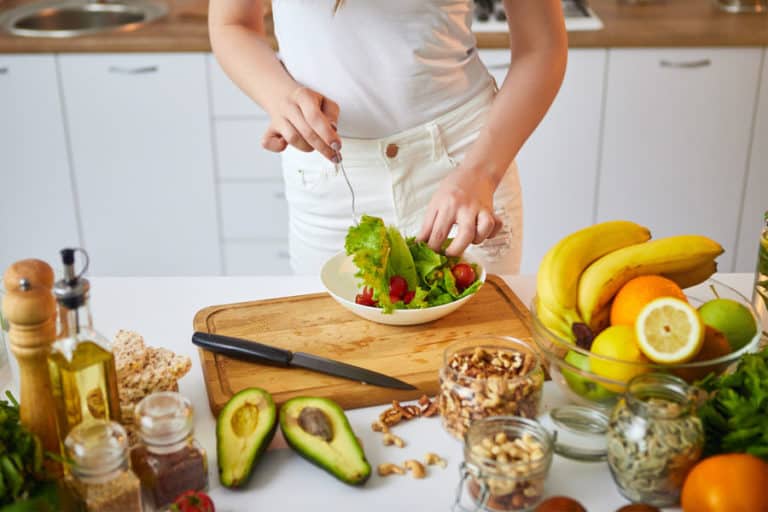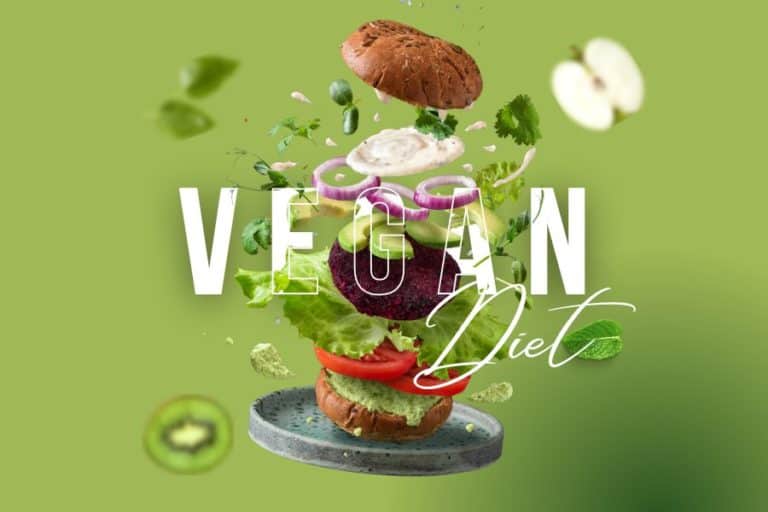Do Vegans Eat Cheese?
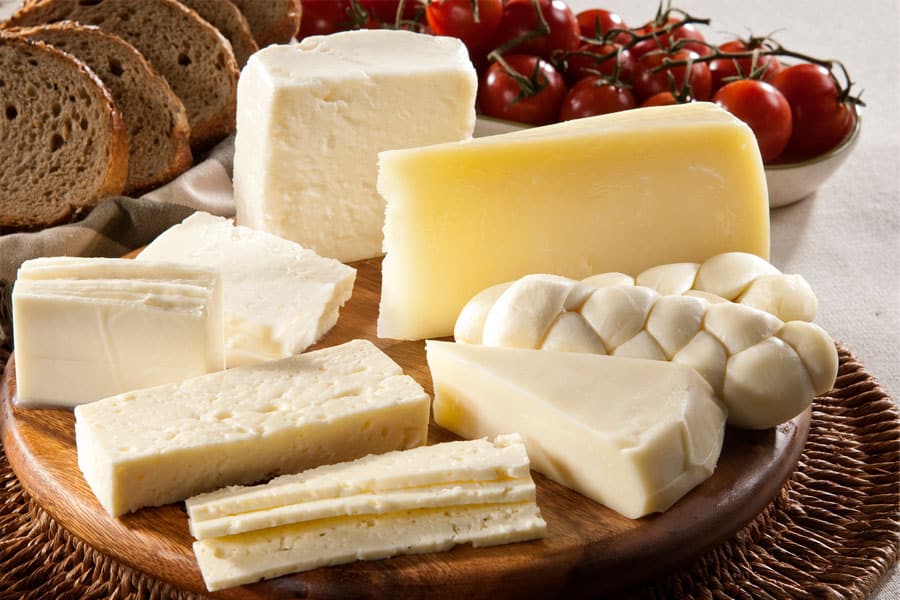
do vegans eat cheese | reasons to avoid cheese | vegan cheese alternatives | Types | is it healthy | does it melt | Vegan vs. dairy cheese | Brand | other alternatives
Cheese is a dairy product derived from the milk of cows, goats, and sheep, so it would seem that a person who follows a vegan diet would not be able to eat it. However, there are some vegan cheese options available to those who want to avoid animal products.
In this article, we will explore whether vegans eat cheese, the different types of vegan cheese, and how it compares to traditional cheese.
Do vegans eat cheese?
No, vegans do not eat cheese. While vegetarians eat cheese, vegans don’t. A vegan diet does not include any animal products, including dairy products.
However, many vegan brands are now making cheese alternatives with bio-identical dairy proteins. These products taste and melt like dairy cheese, making them perfect for vegan pizzas, grilled cheeses, and more.
Nevertheless, many vegans still have misgivings about these products as some of these are not entirely plant-based.
Whether you choose to include cheese alternatives in your vegan diet is a personal choice. With so many options, you can still enjoy your favorite dishes without dairy cheese.
Reasons to avoid eating cheese for vegans
Vegans give up on cheese for different reasons, but primarily to end their consumption of animal products. Here is a list of reasons why vegans cannot eat cheese.
Animal welfare
Cows reared for dairy suffer a lot because of the cruel practices of the dairy industry. They are hooked up to machines to produce milk constantly and are often kept pregnant. After they give birth, their calves are taken away so humans can drink the milk meant for calves. This causes the cows and their calves a lot of distress.
Usage of rennet
Dairy cheese is made with the addition of rennet. [1]National Library of Medicine: Effect of Oryctolagus cuniculus (rabbit) rennet on the texture, rheology, and sensory properties of white cheese Rennet is a coagulating enzyme usually derived from young mammals’ stomachs. It is often used in cheese to curdle the milk and form cheese.
However, there are plant-based alternatives to rennet that can be used to make vegan cheese. Studies [2]Reserach Gate: Cheese-making with a vegetable rennet from Cardo (Cynara cardunculus) on cheese-making with vegetable rennet from flowers of cardo plants showed that the overall quality of vegetable rennet cheese is not significantly different from that of cheese made with animal rennet.
Vegan alternatives to dairy cheese
If you are on a plant-based diet, and looking for plant-based cheese options, then here is a list of cheeses made from plant-based foods.
- Almond cheese
- Soy cheese
- Coconut cheese
- Cashew cheese
- Oat cheese
- Nutritional yeast cheese
- Tofu cheese
Ingredients of vegan cheese
Vegan cheese is made by replacing dairy milk with plant-based milk types like almond milk, coconut milk, oat milk, cashew milk, soy milk etc.
Here is a list of other ingredients that can be used for the base of vegan cheese:
- Nuts
- Seeds
- Tofu
- Beans
- Tempeh
- Nutritional yeast
Types of vegan cheese
There are many vegan alternatives to dairy cheese that are similar in taste and texture. If you are craving cheese but cannot have the real thing, try one of these vegan cheese products.
1. Vegan mozzarella cheese
The regular mozzarella cheese is a classic for a reason: it can be used in many different dishes. And now that there’s a vegan version.
Vegan mozzarella is made with coconut oil, apple cider vinegar, lemon juice, tapioca starch, raw cashews, and kappa carrageenan. Kappa carrageenan [3]Science Direct: Kappa Carrageenan is a plant-based gelling agent that helps vegan cheese transform from liquid to solid state.
2. Vegan cheddar cheese
This cheese is perfect for melting on top of a savory dish. It is made with coconut oil, raw cashews, tapioca starch, umeboshi vinegar, kappa carrageenan, and annatto. Annatto is a natural food coloring that gives the cheese its orange hue.
3. Vegan cream cheese
This cheese is perfect for spreading on bagels or using in baking recipes. It is made with raw cashews, coconut cream, tapioca starch, kappa carrageenan, and apple cider vinegar. Some vegan cream cheese varieties come with added flavors like garlic and herb, chive and onion, or strawberry.
4. Vegan parmesan cheese
This cheese is perfect for topping pasta dishes or salads. It is made with raw cashews, nutritional yeast flakes, tapioca starch, and sea salt. This tastes just like the real thing but without the ethical and ecological guilt of consuming dairy.
Are vegan cheeses healthy?
Whether or not vegan cheese is healthy depends on the ingredients that are used to make it. Some vegan cheeses are made with unhealthy ingredients like processed oils and artificial flavors, while others are made with healthy ingredients like nuts and coconuts.
However, vegan cheese tends to be lower in calories and fat than dairy-based cheese. So if you’re looking for a healthier option, vegan cheese is a good choice.
Additionally, a study [4]National Library of Medicine: Nutritional Profiles of Non-Dairy Plant-Based Cheese Alternatives on nutritional profiles of non-dairy plant-based cheese alternatives found that vegan cheese is a good source of healthy fats, vegan protein, and calcium.
Do vegan cheeses melt?
The answer to this question depends on the type of vegan cheese you’re using. Some types of vegan cheese, like those made with nuts or coconuts, do not melt well.
Others, like those made with soy or tofu, do melt but may not have the same stretchy consistency as dairy cheese.
So, if you’re looking for melted cheese for your vegan pizzas or grilled cheeses, simply opt for a type of cheese that is known to melt well. Be sure to check the package for melting instructions.
Difference between the taste of vegan and dairy cheese
The taste of vegan cheese can have an impact depending on the type you choose. Some types, like soy-based or tofu-based cheeses, can have a very similar taste to dairy cheese. Others, like those made with nuts or coconuts, can have a different taste that some people may find unpleasant.
Moreover, the addition of flavors and colors can also impact our perception of taste.
Vegan cheese brands
There are many vegan cheese brands to purchase vegan cheese. Some of the most popular ones include:
- Daiya
- Miyoko’s creamery
- Treeline cheese
- Kite hill
- Field roast chao slices
Other ways to eliminate dairy cheese from your diet
With the rise of plant-based diets, there are now more cheese options than ever before—and many of them are just as delicious as their dairy counterparts.
Here are a few tips to help you cut down on dairy cheese and find some delicious plant-based alternatives.
1. Try nutritional yeast
If you’re looking for a cheese alternative that’s high in protein and low in fat, nutritional yeast is a great option.
Nutritional yeast is a deactivated yeast that’s often used as a seasoning or condiment. It has a nutty, cheesy flavor that pairs well with a variety of dishes.
You can use it as a topping on salads or pasta, or you can add it to soups and sauces for an extra boost of flavor.
2. Go for vegan cheese
If you’re craving something that’s closer to traditional cheese in taste and texture, there are plenty of vegan cheese options on the market.
Vegan cheese is made from plant-based ingredients like nuts, seeds, and soy. And thanks to advances in food technology, vegan cheeses can mimic the taste and texture of traditional cheeses quite closely.
So if you’re missing your favorite dairy cheese, try one of the many vegan options available – you might be surprised at how close they come to the real thing.
3. Make your own cheese
There are plenty of recipes for plant-based cheeses made from ingredients like tofu, cashews, and coconut milk.
Making your own cheese gives you the opportunity to experiment with different flavors and textures until you find something that’s perfect for you. Plus, it’s a great way to ensure that your cheese is made from healthy, whole-food ingredients.
Conclusion
Cheese doesn’t have to be off-limits if you’re following a plant-based diet. There are plenty of delicious cheese alternatives available that will let you enjoy all your favorite dishes without sacrificing flavor or nutrition.
However, always check ingredients and packaging to make sure the product is truly vegan. Some cheeses may be labeled “dairy-free” but may still contain milk products or other dairy-based elements hiding in them under different names.
References
| ↑1 | National Library of Medicine: Effect of Oryctolagus cuniculus (rabbit) rennet on the texture, rheology, and sensory properties of white cheese |
|---|---|
| ↑2 | Reserach Gate: Cheese-making with a vegetable rennet from Cardo (Cynara cardunculus) |
| ↑3 | Science Direct: Kappa Carrageenan |
| ↑4 | National Library of Medicine: Nutritional Profiles of Non-Dairy Plant-Based Cheese Alternatives |



